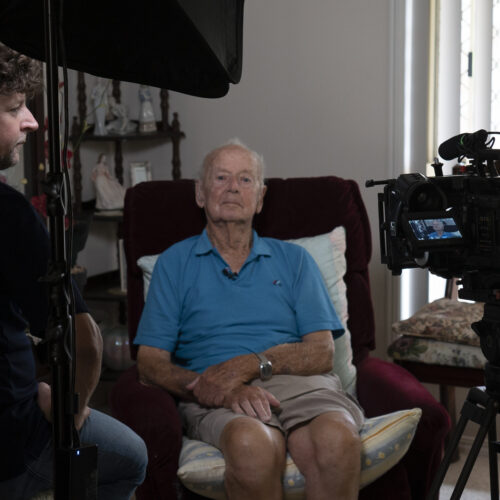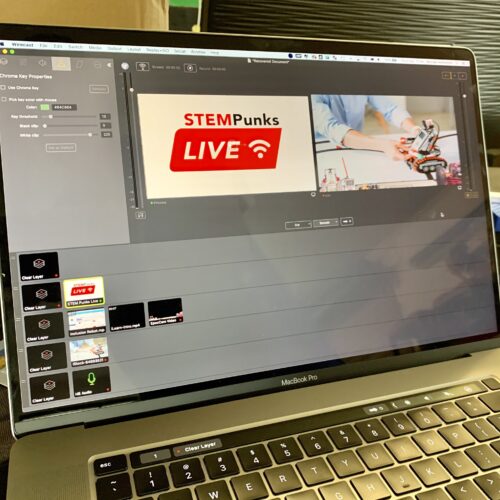MacroGIS is a spatial mapping and data visualisation software company, founded in 2010 by Victor Nichols and his two co-founders. MacroGIS services a range of customers, providing spatial and information technology consulting services, advice on how to make the most of the data captured by systems to address business-related questions and provide bespoke software solutions.
The consulting and bespoke element of their business means that MacroGIS tends to cultivate long-term business relationships with their clients. These relationships require a specialised understanding of clients’ needs. As MacroGIS is committed to provide value to their clients and ensure the software they develop meets customer requirements, this leaves little time for business development.
Nonetheless, over the last 14 months the MacroGIS team developed a new software product, Viewdata. Viewdata enables small businesses to create spatial maps using their own data, integrated with publicly available data such as ABS data. Visualising and mapping this data is useful for town planners, facility managers, energy infrastructure providers, and also businesses in the travel and tourism industry.

COVID-19 impacts
For MacroGIS the COVID-19 pandemic impacts unfolded over several weeks. As software developers they are used to working from home, and only see clients for specific projects. Compared to many other businesses; they only experienced a minor change in their working arrangements. However, they felt the impact of COVID-19, as potential lucrative software consulting projects to the value of $100,000 never materialised. Many of their other larger clients stopped spending money on strategic projects such as data analysis to inform decision-making. As these clients were uncertain about the future, they were hesitant to make decisions about which projects to prioritise.
“In general, business confidence is low, so this means many businesses are adopting a wait-and-see attitude,”
As the impacts of the crisis evolved over several weeks, MacroGIS realised that they needed to adapt their business model, specifically diversifying their revenue streams. Over time it became clear that the impact would be severe, global, and have a longer duration. Fortunately, they secured a contract to develop flood mapping software for a local government authority early in 2020 and this large-scale project has turned out to be their saving grace.
The biggest adjustment for MacroGIS was to the face-to-face element of their business. They found that the cancellation of business events and networking impacted negatively on business development activities. Additionally, the element of their service offering personalised consultations on clients’ premises to support software implementation needed to change to providing implementation support online.
Response
The MacroGIS team decided to prioritise Viewdata’s development and launch during 2020. The Viewdata product, aimed at micro and small businesses, is easy to use. These businesses can build data visualisations using the software by signing up through a subscription. “Viewdata is like Canva for data – it makes data easy to visualise,” says Victor. As small business owners show higher levels of digital adoption, they are becoming confident to use products like Viewdata. MacroGIS can support their customers remotely. This software product has the potential to be used by businesses globally.
MacroGIS is following agile and lean development processes to bring Viewdata to market, so the team are still refining the product-market fit for this product. They are prioritising customer feedback and learning about the business behavioural drivers for their market. This real-time information is being used in the marketing roll-out strategy.
Future
MacroGIS’ future aims are to diversify the revenue streams in their business to ensure their company is more resilient over the longer-term. They intend to resell some of the custom software they develop for their larger clients, as the software is beneficial for other organisations. They will also seek to generate revenue with Viewdata from micro and small businesses. By working with a small number of trial customers, they will develop use cases where they gain deep insight into their customers’ pain points, which will help them articulate the value proposition of their product and refine their messaging to customers.



